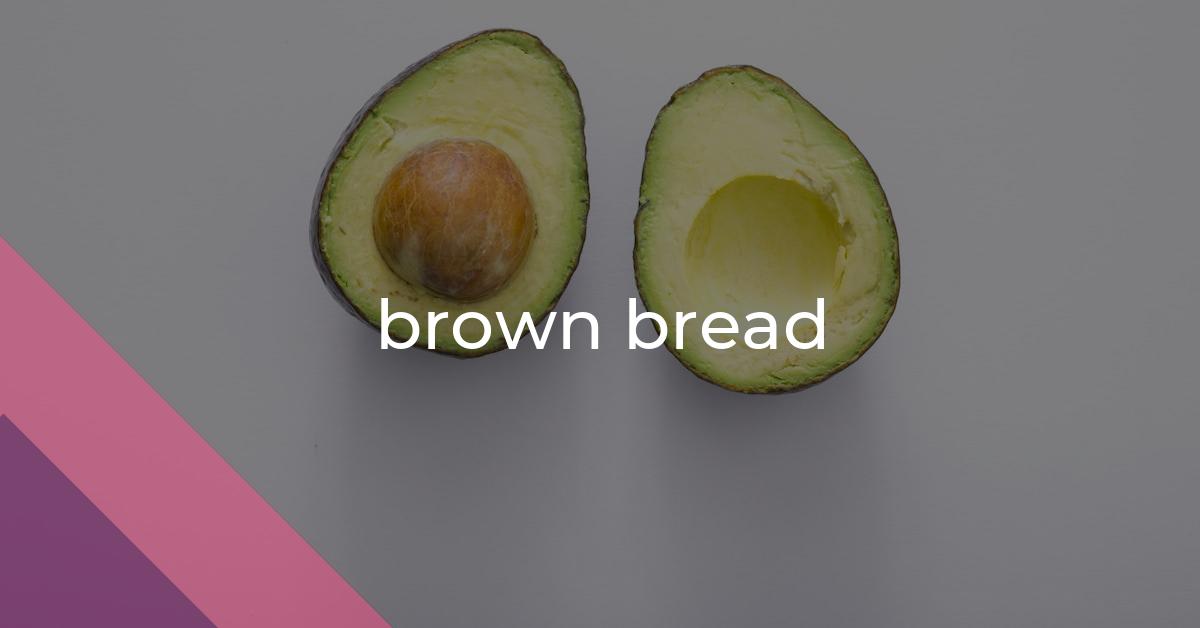brown bread: Idiom Meaning and Origin
What does ‘brown bread’ mean?
The idiom brown bread is an expression used to signify that someone or something is dead or no longer functioning. It is a colloquial phrase that is mainly used in British English.

Idiom Explorer
The idiom "kick the bucket" means to die or to pass away. It is a metaphorical expression that originated from the idea of someone accidentally kicking a bucket while they are hanging from a noose, resulting in their death.
Idiom Analysis:
The idiom "in a bake" means to be in a difficult or challenging situation, like being caught in a sticky situation. It implies feeling trapped or overwhelmed by circumstances.
The idiom "have someone on toast" means to have someone in a vulnerable or powerless position, typically in a confrontational or competitive situation.
The idiom "good for nothing" is used to describe someone or something that is completely useless or lacking in any value or purpose.
The idiom "dying breed" refers to a group or type of people or things that are becoming rare or disappearing completely. It implies that there are few remaining members or examples of that particular group or type.
The idiom "dough-faced" refers to a person with a pale, expressionless face, resembling uncooked dough. It is used to describe someone who lacks vitality or emotion in their facial expression.
The idiom "die out" means to cease to exist or become extinct. It is often used to describe the decline or disappearance of a species, a language, or a cultural tradition.
The idiom "to die" means to cease living, to expire, or to perish. It is often used figuratively to express a strong feeling or desire, such as "to die laughing" or "to die for." This idiom is commonly used in English literature and everyday conversations.
Surreal Sweetness
The idiom "brown bread" is used in British English to mean "dead" or "no longer alive." It is a colorful and creative way of expressing the concept of death. The origins of this idiom are uncertain, but there are several theories surrounding its meaning and usage.
One theory suggests that the phrase "brown bread" originated from Cockney rhyming slang, which was a form of coded language used by the working-class population in the East End of London. In this context, "brown bread" is said to rhyme with "dead," making it a euphemism for death. So, when someone says "he's brown bread," they are simply saying that the person is no longer alive.
Another theory links the idiom to the British Army during World War I. It is said that soldiers used the term to refer to fallen comrades who were covered in soil after being buried, resembling the color of bread crusts. This association with burial adds another layer of meaning to the term.
The idiom "brown bread" has also been associated with the American slang term "toast," which also means "dead" or "finished." This suggests a possible transatlantic connection and influence on the usage of the term in British English. While the exact connection between the two is unclear, it's interesting to see how language evolves and is influenced by different cultures.
One interesting related idiom is "burn bread." This phrase means to fail or ruin something, often through careless or irresponsible actions. The use of "bread" in this idiom likely comes from the idea that bread is a basic food staple, and if you burn it, you've ruined something essential. So, when someone says "I really burned that bread," they are admitting that they messed up or made a significant mistake.
An idiom related to death is "dead and buried." This phrase is used to emphasize that something is completely finished or forgotten about. It suggests that whatever is being referred to is now in the past and has been fully dealt with. So, if someone says "that issue is dead and buried," they mean that it is no longer relevant or worth discussing.
Another related idiom is "bread of life." This phrase has a completely different meaning from "brown bread" as it refers to something that is essential for sustaining life or providing nourishment. It is often used in religious or spiritual contexts to describe something that brings meaning, purpose, or fulfillment to someone's existence. So, if someone says "music is the bread of life for me," they are emphasizing how indispensable and vital music is to their well-being.
A more colloquial idiom related to bread is "browned off." This phrase means to feel annoyed, frustrated, or bored. The use of "browned" in this idiom likely comes from the idea of bread being toasted or browned, which can sometimes result in a less desirable texture or taste. So, if someone says "I'm really browned off with this job," they mean that they are really fed up or irritated with their current work situation.
Finally, there is the idiom "bread and butter." This phrase has multiple meanings, but it is often used to refer to a person's main source of income or the essential elements of their livelihood. It suggests that something is necessary for survival or provides a steady foundation. So, if someone says "writing is my bread and butter," they mean that writing is their main source of income or the thing that they rely on for financial stability.
While these related idioms may have different meanings and contexts, they all involve some connection to bread. Whether it's using bread as a metaphor for death, failure, or sustenance, these phrases demonstrate the creative and varied ways in which language can be used to convey meaning. They are just a small sample of the rich tapestry of idiomatic expressions that exist in the English language.
Overall, the idiom "brown bread" serves as an example of the creative and colorful language used to express the concept of death. Though its specific origins may not be definitively established, its usage and meaning have become ingrained in British English. It's fascinating to explore how language evolves and how idioms can reveal cultural nuances and historical influences. So, the next time you hear someone say "he's brown bread," you'll have a deeper understanding of what they mean.
Example usage
Examples of how the idiom "brown bread" can be used in a sentence:
- He fell off the ladder and now he's brown bread!
- She left the cake in the oven for too long and it came out brown bread.
- After the accident, his car was completely brown bread.
More "Food" idioms



